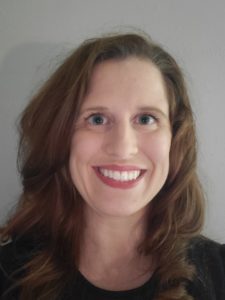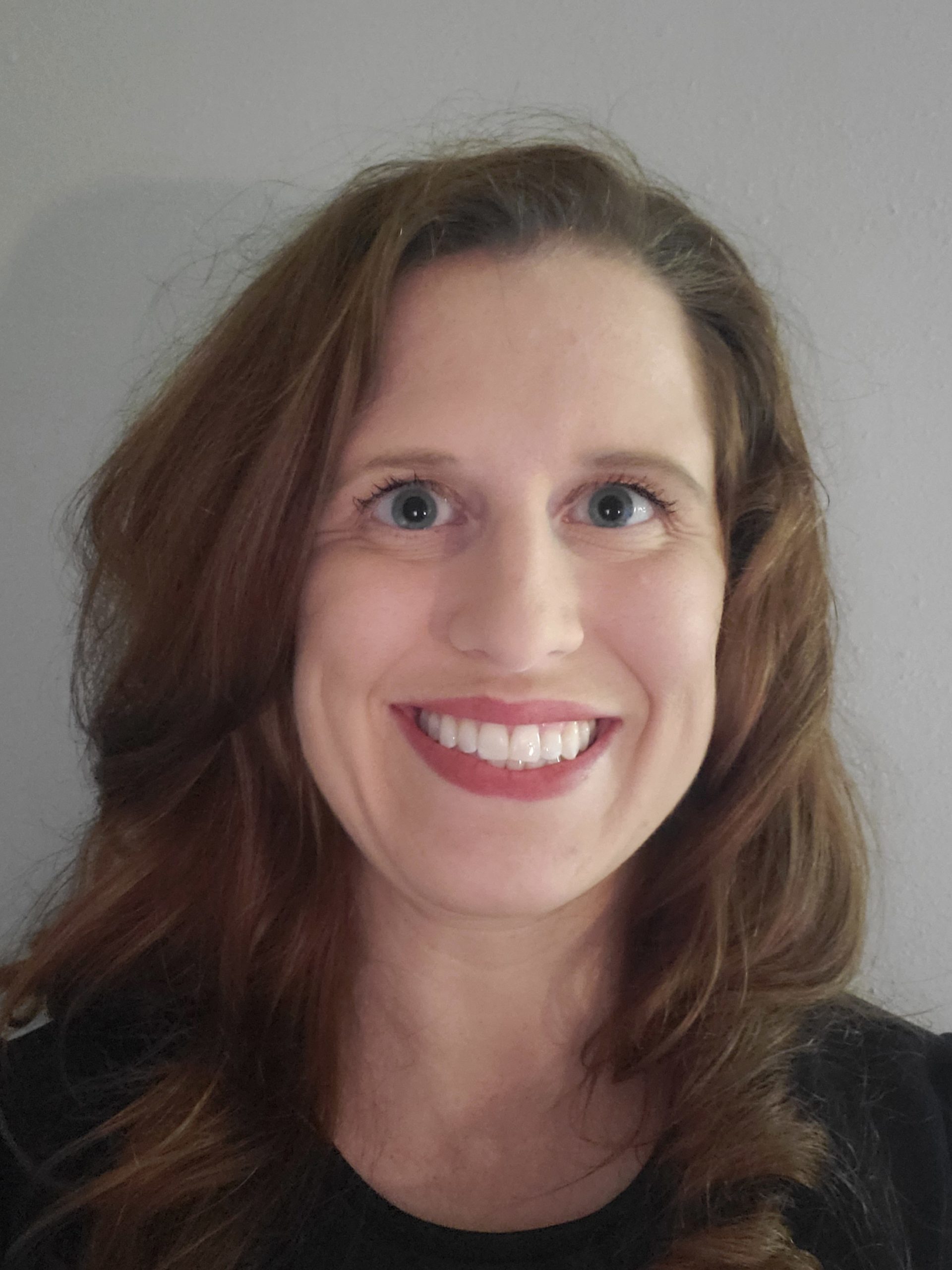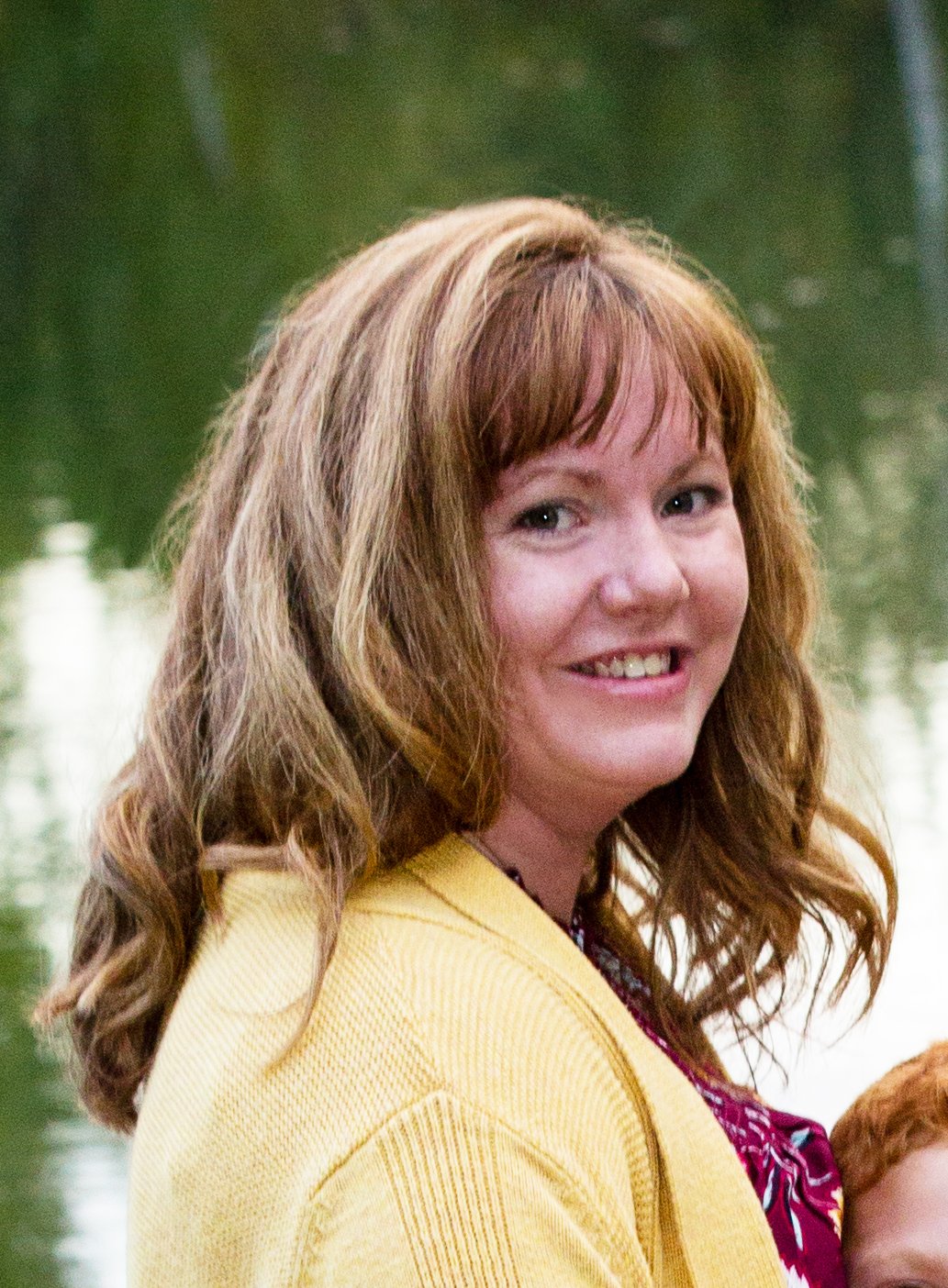by Dennis Dalman
Taryn Gentile, a candidate for the Sartell-St. Stephen School Board, strongly believes that all viewpoints and potential outcomes – both benefits and detriments – must be scrupulously considered before making any kind of decision that affects all residents in the school district.
She is also a passionate advocate for equity in schools.
Gentile is one of four candidates vying for three open seats on the school board in the Nov. 3 election. Those seats were occupied by Lesa Kramer and Pam Raden, who both chose not to file for re-election. The other position is served by incumbent Jason Nies, who did file for re-election. The other two candidates are Patricia Meling and Matthew Moehrle.
The Sartell Newsleader asked the candidates many school-board related questions. The following are Gentile’s answers:
Background
Gentile competed two years ago for a school-board position, but did not win. She is vice president for fiduciary services at US Bank in the area of private wealth management.
Gentile earned a law degree from the Hamline University School of Law and earlier a bachelor’s degree in business communications and legal studies in business from the University of St. Thomas.
She and her husband, Bryan, have two children – Tyler, 17 (her step-son) and Arya, a 5-year-old pre-schooler.
Experiences
Currently, she is secretary of the St. Cloud Pride Board and participates in the Envisioned Equity for All group. She also participates in and/or leads several committees at US Bank. She is often tasked with risk analysis for products, services and/or methods to ensure the most value for the most people while also considering the bank’s risk parameters and goals.
Accomplishments
As a teenager, she received several volunteerism awards, including the Prudential Spirit of Community Award and the Girl Scouts’ National Young Woman of Distinction Award. Volunteerism and seeking social justice have been and remain, she said, “very important” to her.
Qualifications
She noted several, including a strong background in legal and financial matters, making risk assessments for short- and long-term, critical-thinking skills, championing new ideas, an ability to “think outside the box,” learning new approaches and speaking up for what she believes.
“Additionally, having two children with a large age gap forces me to consider what is best for both our oldest and youngest learners . . .,” Gentile said. “I want to help this district succeed and improve.”
Virus crisis
So far the school district has done a great job with its Covid-19 response, she said, combining in-person and distance-learning options. Giving families the options of hybrid learning was also a “great idea,” she added. With mask-wearing, distancing and shifting learning spaces for new needs are all helpful, she added.
“That being said, the pandemic brings to light other problems that aren’t unique to just our district,” Gentile said. She gave examples:
Some parents have no option between sending children to school and keeping them home for distance learning because they had to go to work.
Other parents had to keep children home to distance-learn because they had to take care of younger children while parents went to work.
Many questions remain, she said.
“How can we support our families during this unusual time in our world?” “Are our distance-learners engaged in the same way as our in-person learners?” “How can we ensure we don’t have educational disparities between those who are distance-learning and those who are in-person learners?”
Gentile said those questions will persist into the school year and even once full in-person learning is possible. The district, she said, while grappling with those issues, must also fulfill its goal of closing the achievement gaps between student subgroups, such as non-special-education and special-education students and students who receive non-free lunches or free/reduced-price lunches.
“It will be vital to ensure the district is making progress toward this goal, even with the potential for educational disparities during distance learning,” she said.
Equity
Gentile is very much in favor of equity and an equity audit, adding the subject is impossible to ignore after listening sessions at the board revealed so many stories of inequities and inequalities among students.
After an equity audit, an equity coordinator should be hired to ensure the issues are addressed, she said, adding that could include changes to the learning curriculum, more training for education on issues of equity, obtaining student input and feedback when drafting policies, and other possible ideas.
“A fully realized plan must be put in place, and I want to be a part of helping to build an even better educational experience in our district.”
Passionate ideas
She named many, with equity at the top of her list, adding everyone must begin to understand the difference between equality and equity – equality meaning everyone gets the same thing or is treated the same way, equity meaning everyone receives what they need in order to be on an equal footing with those around them.
“And it isn’t just about race,” she said. “Equity pertains to all sorts of protected classes. Race certainly is a part of it, but it can also include sexuality, gender, religion, ability/disability, age, socio-economic status or any other protected class.”
Pretending there is no equity issue, she said, not only devalues the district, its students and families but also robs students of an educational experience that prepares them for the world.
An equity audit will cost money, she noted.
“But that doesn’t mean we have to rely only on the state, federal and taxpayer funds to foot the bill. The Sartell-St. Stephen Education Foundation provides grants within our district and is a great resource, and there are other grant providers out there that could help as well.”
The district, she added, should hire a grant writer to tap those resources.
Other comments:
“People come to Sartell-St. Stephen to live because our school district is consistently rated as one of the best in the state,” Gentile said. “We have great programs and great opportunities for students across academics, athletics and arts.”
To continue the excellence, she added, will require a certainty that students are prepared for life in Sartell and elsewhere.
“We should take a critical eye to the mission and values of our district,” she said. “It is time for us to revamp our Value Statements to put equity at the forefront, like our neighboring districts in the Sauk Rapids-Rice and St. Cloud area already have.”

Taryn Gentile




